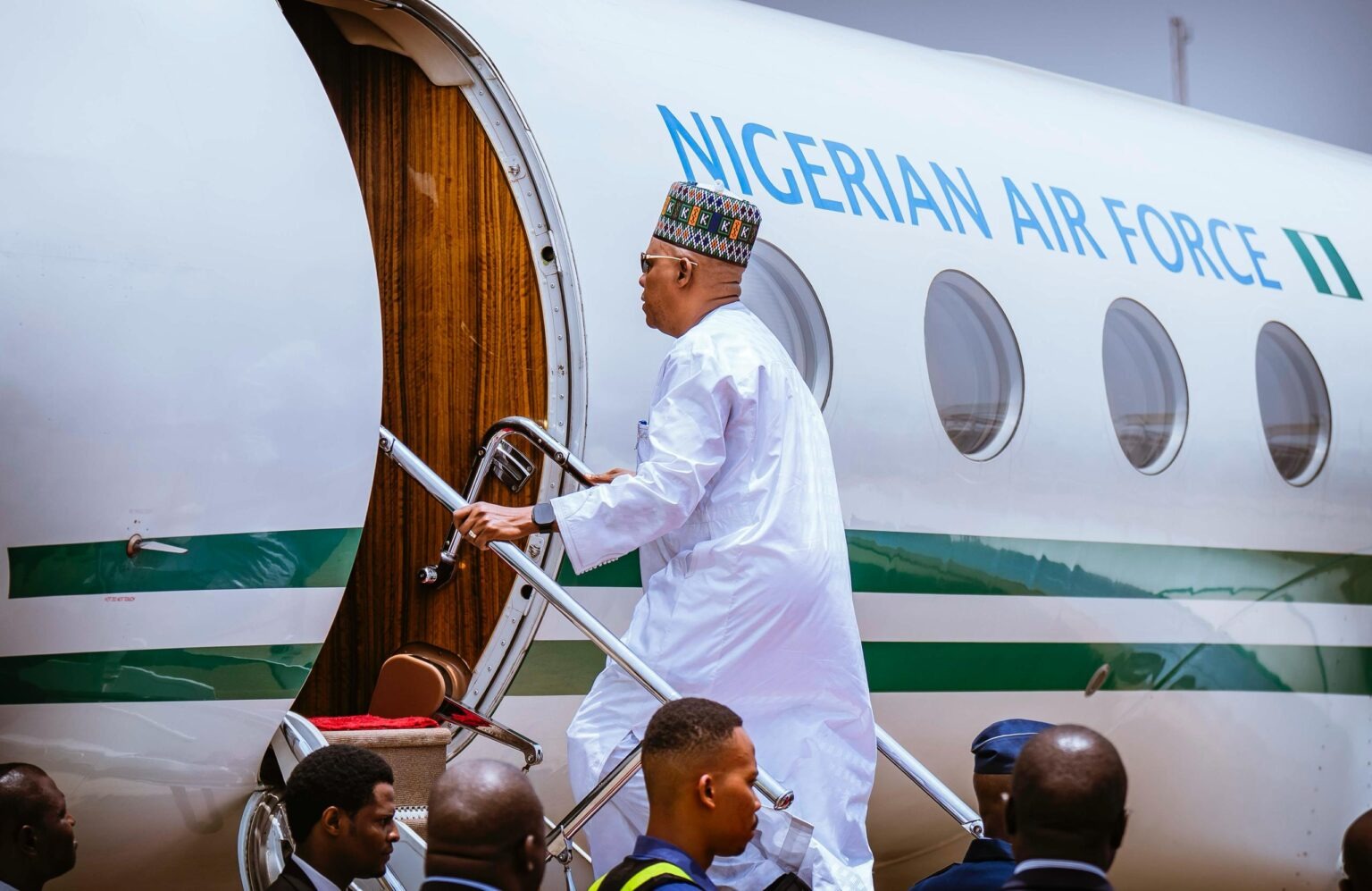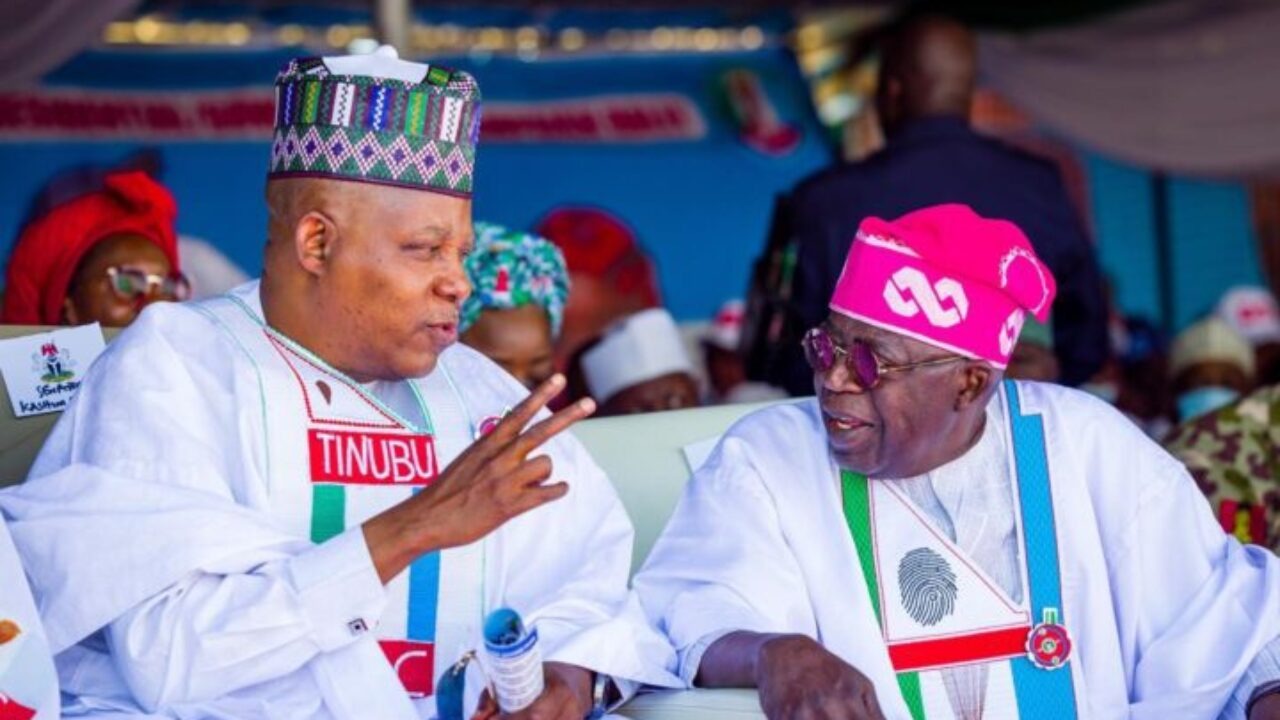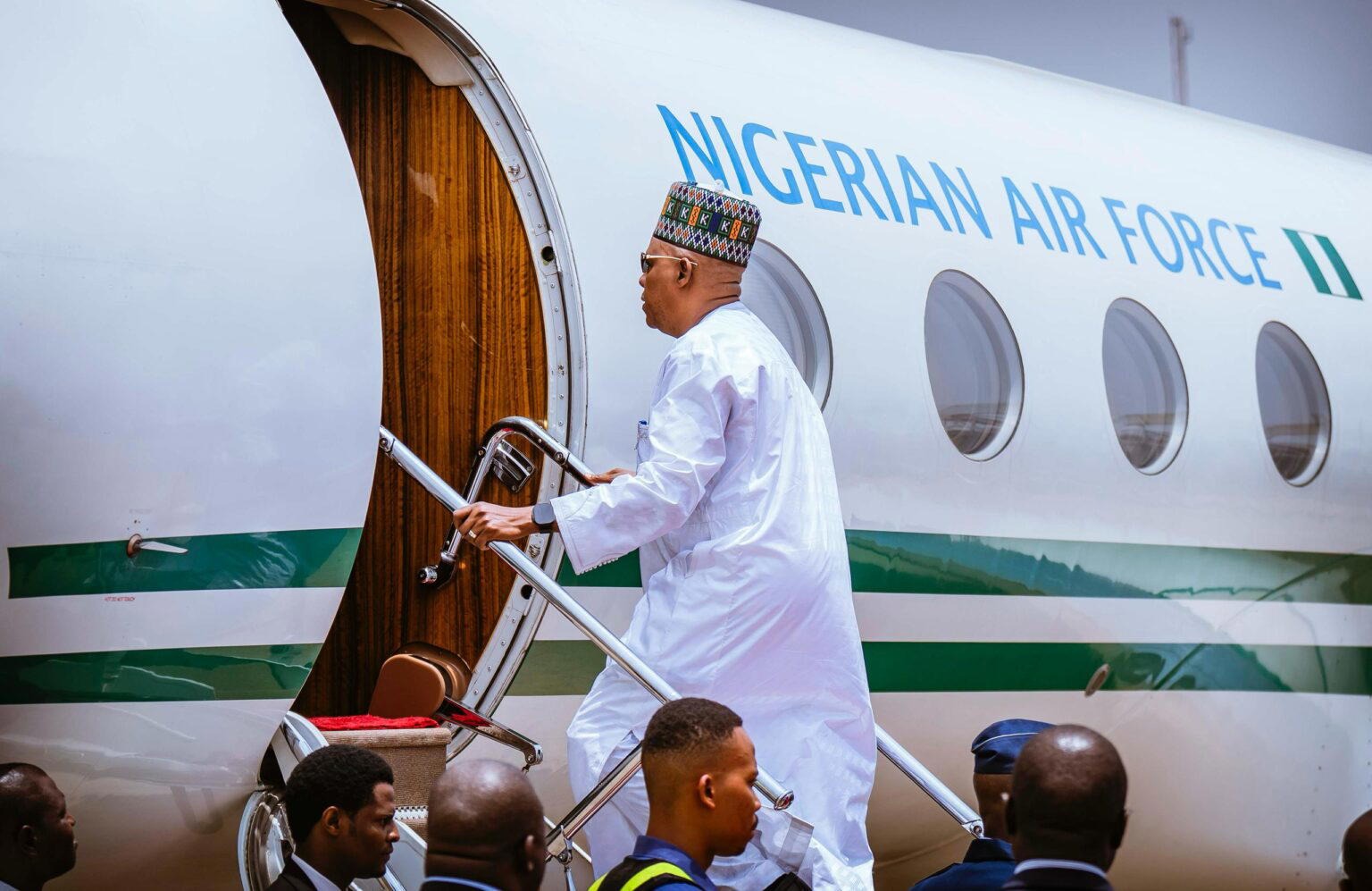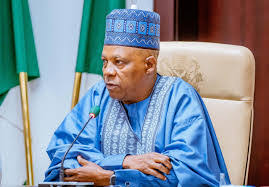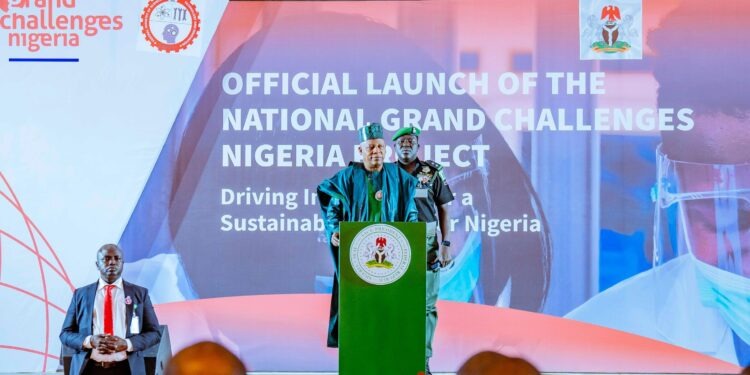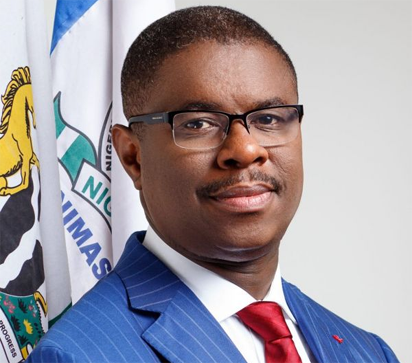Vice President Kashim Shettima will, on Saturday, May 3, depart Abuja for Libreville, Gabon, to represent Nigeria at the inauguration of the country’s president-elect, Brice Nguema. The News Agency of Nigeria (NAN) reports that Shettima will attend the event at the instance of President Bola Tinubu. The spokesperson of the vice president, Mr Stanley Nkwocha, …
